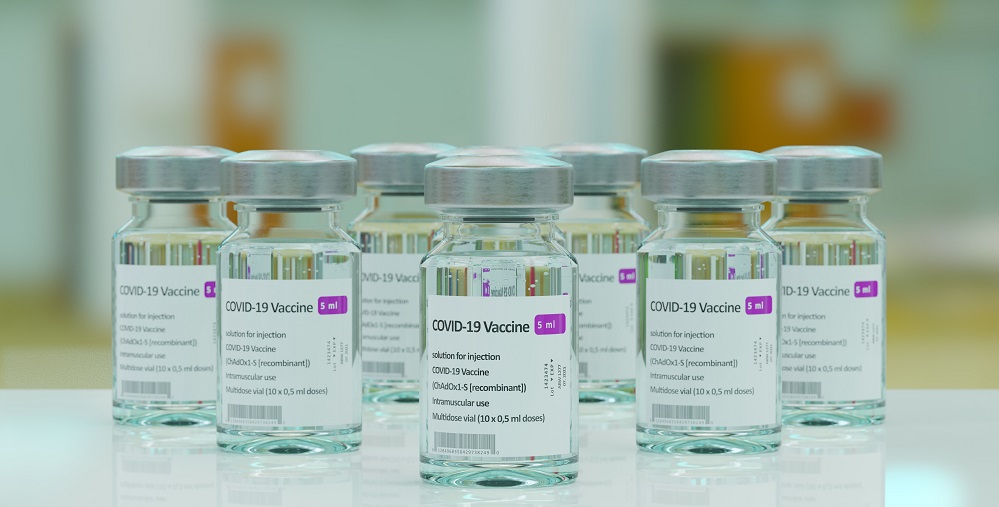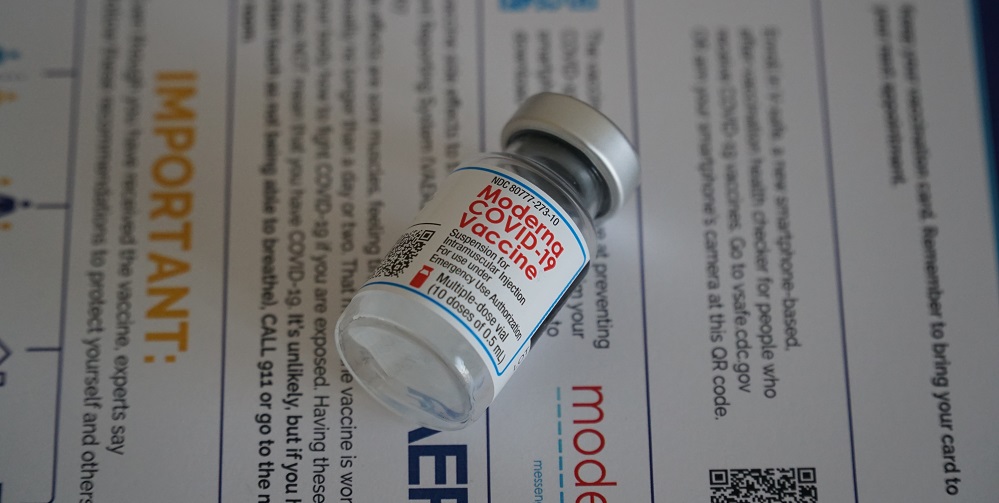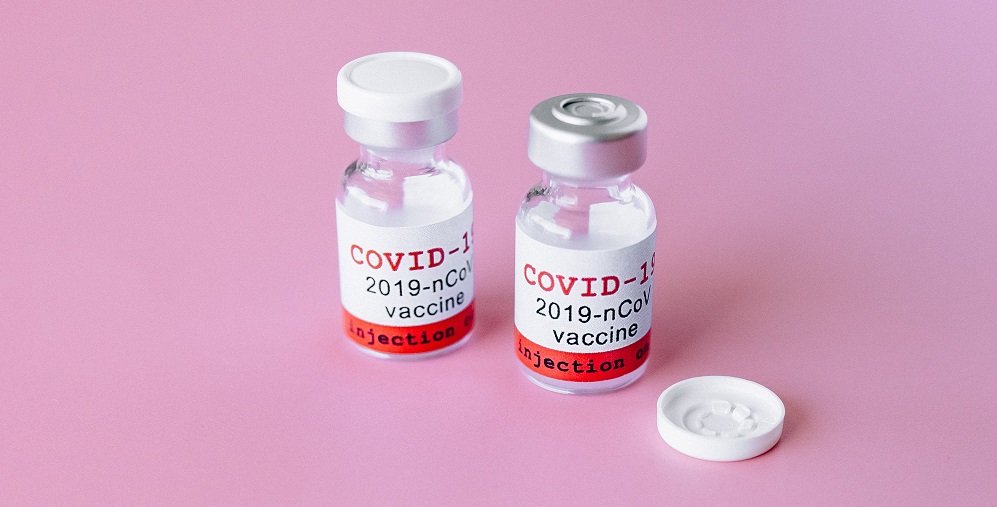Stock Alert: Will Big Pharma Be in Trouble If Patents Go Public?

According to The Guardian, the Oxford/AstraZeneca vaccine used over 95% funding from the public and from donations. Similar things can be said about Moderna and Pfizer. Should the government force Big Pharma to make these patents public? Would that damage pharmaceutical stock prices?
What Exactly Is Going on With Vaccine Patents?
In the U.S. and around the world, intellectual property laws protect discoveries, new products and profits. This gives companies an incentive for investing money in research and development.
The problem is that the COVID-19 pandemic is a global problem, not a local one. Even if everyone in the U.S. gets vaccinated, unvaccinated travelers will keep bringing new (and possibly more dangerous) variants into the United State.
In an effort to increase vaccine production in other countries, scientists have encouraged the government to temporarily waive vaccine patents. In the U.S., President Biden has spoken in favor of doing just that.

How Have Pharmaceutical Stocks Been Affected?
Many drug companies are furious at the idea of vaccine patents being waived. Stockholders were looking forward to making tens of billions of dollars a year in profits (over $40 billion just this year). They're not excited about giving away the knowledge to generic drug manufacturers. Almost immediately, stocks for related pharmaceuticals dropped 10–15%.
Big Pharma apocalypse? Not really. Stocks rebounded quickly, ending only 1–2% lower. In fact, when German Chancellor Angela Merkel said she was opposed to the idea, vaccine stocks jumped back, leaving things roughly what they were before Biden’s announcement.
True, if the proposed changes go through, it could have a significant impact on profits. But that’s a pretty big “if.” The U.S. can’t make this decision alone. It would have to convince the majority of World Trade Organization partners.
[insert page='Offer' display='content']
How Would Waiving COVID-19 Vaccine Patents Affect Pharmaceutical Companies Themselves?
Just lifting patents on COVID-19 vaccines would not have a huge impact on the bottom lines of Big Pharma companies. Pfizer was already making over $50 billion a year, and Johnson & Johnson over $40 billion a year, even before the pandemic hit.
Also, having the “recipe” to make the vaccine isn’t the real challenge. The secret is how the manufacturing process works. The government would have to force companies to share these methods for actual generic vaccines to come out. Until that happens, there’s not much danger to profits, if at all.

What Is Going To Happen?
Many financial experts think Biden’s bold rhetoric is more of a warning shot across the bow aimed at Moderna, Johnson & Johnson, Pfizer and AstraZeneca. He’s trying to push the companies to voluntarily license their patents and manufacturing processes to other experienced drug makers in the other countries.
AstraZeneca has entered into a licensing partnership with the Serum Institute of India. This has helped boost vaccine production in India when it vitally needs it, while still protecting the IP of AstraZeneca and giving them licensing fees.

Personally, I think this kind of solution is a great method for ramping up vaccine production and keeping Big Pharma stocks stable at the same time. Of course, being realistic, this type of compromise is probably only going to happen if most countries drag them kicking and screaming towards such a deal. So far, most of Big Pharma is deliberately holding back, which makes the COVID problem worse and indirectly hurts the global economy.
